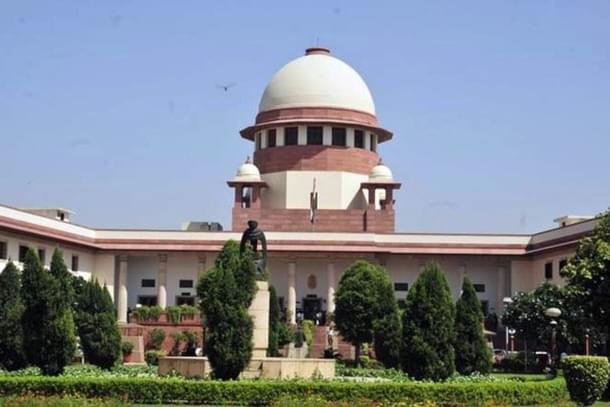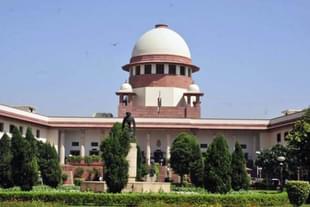News Brief
Supreme Court Constitutes Special Bench To Hear Pleas Challenging 1991 Places Of Worship Act
Kuldeep Negi
Dec 07, 2024, 12:51 PM | Updated 12:51 PM IST
Save & read from anywhere!
Bookmark stories for easy access on any device or the Swarajya app.


Chief Justice of India Sanjiv Khanna has set up a Special Bench to hear petitions challenging the validity of the Places of Worship (Special Provisions) Act, 1991.
This law protects the character and identity of religious sites as they stood on 15 August 1947.
The three-judge Bench will be chaired by Chief Justice Khanna, and will also comprise Justices Sanjay Kumar and K V Viswanathan, The Hindu reported.
The hearing is scheduled for 12 December at 3.30 pm.
The case involves a batch of petitions contesting the legality of the 1991 Act.
The petitions, including the one by advocate Ashwini Kumar Upadhyay, blame the 1991 law of barring Hindus, Jains, Buddhists and Sikhs from approaching courts to “re-claim” their places of worship which were “invaded” and “encroached” upon by “fundamentalist barbaric invaders”.
Muslim organisations, including the All India Muslim Personal Law Board (AIMPLB) and Jamiat Ulama-i-Hind, have opposed the petitions.
They argue that these petitions, in the guise of public interest petitions, cannot challenge a central legislation which had guarded the spirit of fraternity and secularism, preambular virtues and parts of the Basic Structure of the Constitution, through protection of the religious character of religious places.
The AIMPLB highlighted that the Ayodhya verdict acknowledged the significance of the 1991 Act, stating that it spoke “to our history and to the future of the nation… In preserving the character of places of public worship, the Parliament has mandated in no uncertain terms that history and its wrongs shall not be used as instruments to oppress the present and the future”.
The Gyanvapi mosque management has also sought to intervene in the case.
The Anjuman Intezamia Masajid Varanasi, which represents the Gyanvapi mosque, contended that rhetorical claims and “purported grievances” caused by ancient rulers of the Mughal period cannot be grounds for challenging the validity of a legislative enactment like the Places of Worship (Special Provisions) Act.
The Gyanvapi mosque has been the focus of several civil suits filed by Hindu plaintiffs claiming the presence of a temple under the mosque and their right to worship.
Kuldeep is Senior Editor (Newsroom) at Swarajya. He tweets at @kaydnegi.





